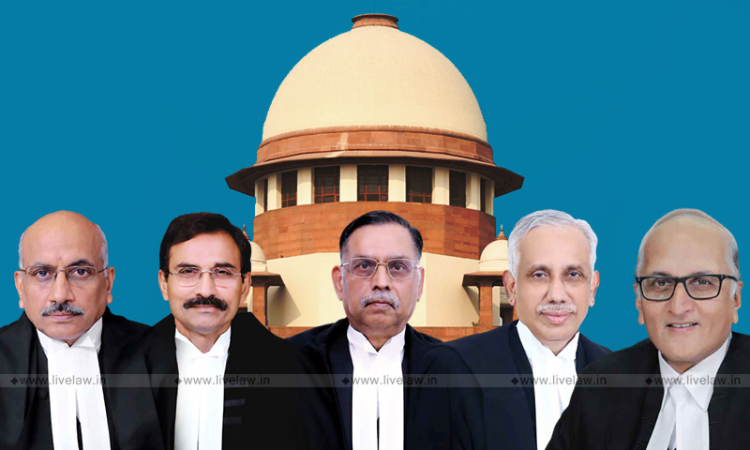Maratha Quota : Supreme Court Constitution Bench To Start Final Hearing From Jan 25; Stay Order Continues
LIVELAW NEWS NETWORK
9 Dec 2020 3:26 PM IST

Next Story
9 Dec 2020 3:26 PM IST
A Constitution Bench of the Supreme Court on Wednesday decided to hear from January 25 the challenge against the the constitutionality of the Maharashtra Socially and Educationally Backward Classes (SEBC) Act, 2018, which provided for a quota to Marathas in jobs and education. The bench refused to pass any order to lift the stay put by a three-judge bench in September this year on...
